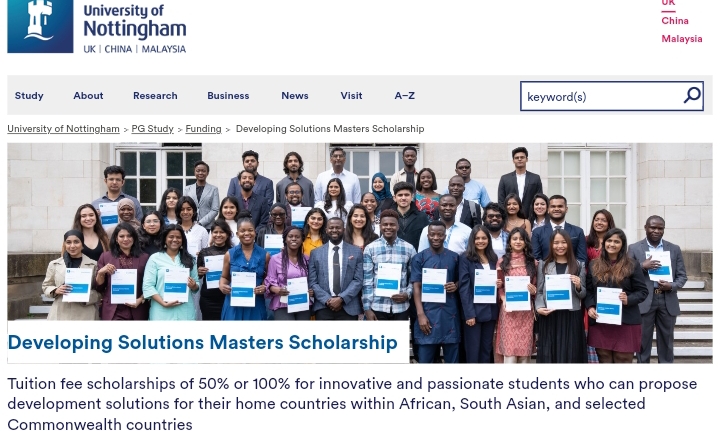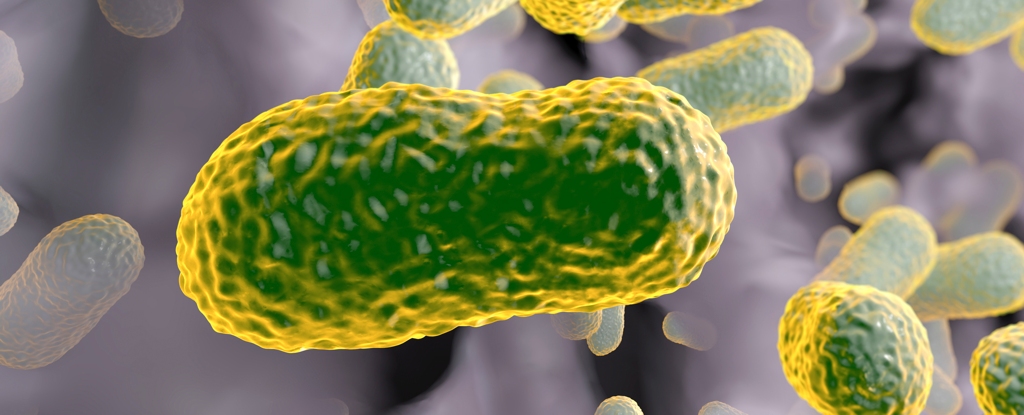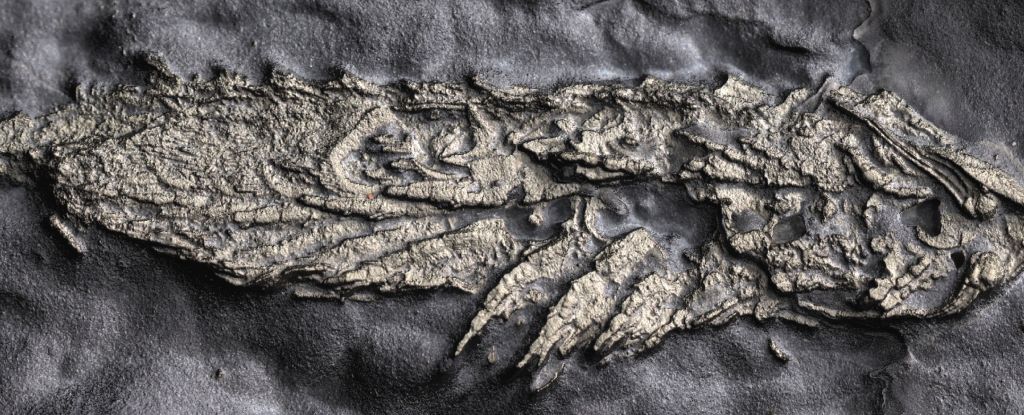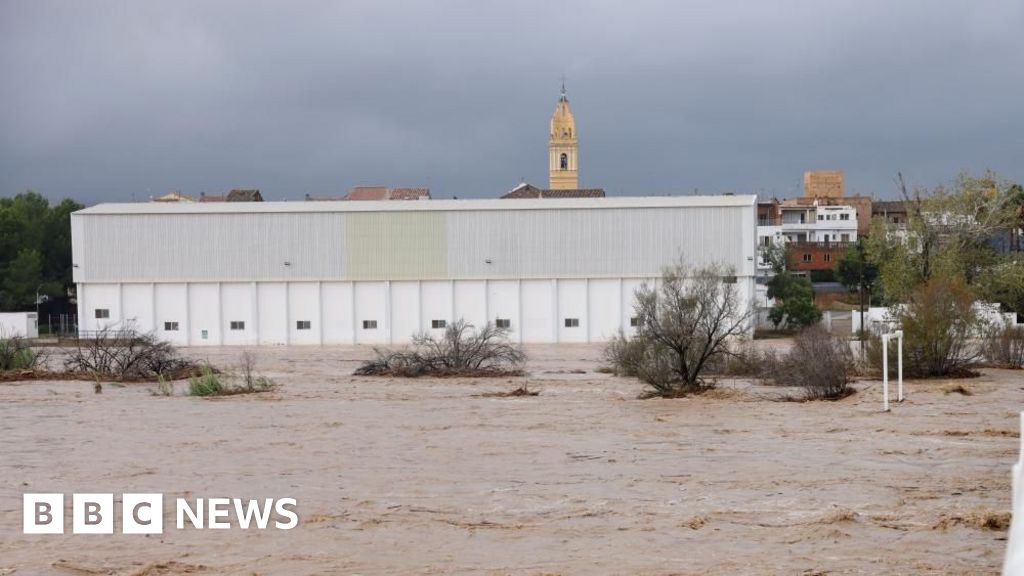Place your adverts here on InfoDig @ low rates; banner ads, sponsored links and guest articles etc. Contact us
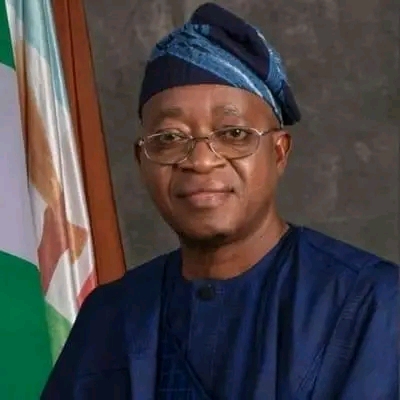 The Minister of Marine and Blue Economy, Mr. Adegboyega Oyetola.
The Minister of Marine and Blue Economy, Mr. Adegboyega Oyetola.Nigeria’s government has said it is committed to expanding the fishery and aquaculture sector as part of its strategy to drive the nation’s blue economy.
This direction was highlighted by President Bola Tinubu, who was represented by Minister of Marine and Blue Economy, Adegboyega Oyetola at the 39th Annual National Conference of the Fisheries Society of Nigeria (FISON) in Abuja.
Oyetola explained that the recent transfer of the Department of Fisheries and Aquaculture from the Ministry of Agriculture to the Ministry of Marine and Blue Economy reflects President Tinubu’s intent to position the sector at the core of sustainable economic diversification. The conference’s theme, “Unlocking the Investment Potential of Nigeria’s Blue Economy: Advancing the Fisheries and Aquaculture Sector for Sustainable Development,” aligns with the government’s strategy to expand Nigeria’s economic opportunities. The minister remarked, “This conference is significant as it aligns with Mr. President’s vision for sustainable economic diversification. The ministry’s commitment is to achieve self-sufficiency in fish production and position Nigeria as a major exporter of fish and fishery products.”
The Ministry of Marine and Blue Economy has been instrumental in various initiatives aimed at managing fisheries resources, improving post-harvest infrastructure, promoting technological innovation and fostering partnerships. Oyetola emphasised the ministry’s focus on fully harnessing the nation’s marine resources, underscoring the sector’s potential to increase food production, generate employment and drive sustainable economic growth.
“Fisheries and aquaculture are central to our vision to grow Nigeria’s Blue Economy sector sustainably. We aim to leverage the full spectrum of our marine resources, ensuring food security and prosperity for future generations,” said Oyetola. Since the department transitioned to the Ministry of Marine and Blue Economy, it has achieved key milestones, including a rise in domestic feed production, strengthened stakeholder engagements and enhanced public-private partnerships (PPP) to attract investment. Additionally, international partnerships have flourished, such as with the FAO, alongside a successful recertification to export shrimp to global markets like the U.S. and EU. For the first time, Nigeria also achieved a 100 per cent rating for its turtle excluder device, underscoring the sector’s focus on environmental sustainability.
Head of Service of the Federation, Mrs. Didi Esther Walson-Jack lauded FISON’s commitment to sustainable practices, recognising the role of fisheries in economic growth and food security. She added that FISON’s innovations support Nigeria’s goals of self-sufficiency, environmental preservation and job creation.
National president of FISON, Dr. Ebini Joseph Ansa expressed that this year’s conference theme aligns with global trends to enhance economic growth in both coastal and inland regions. Ansa concluded that discussions would shape the future of Nigeria’s blue economy, supporting the UN Sustainable Development Goals by advancing the fisheries and aquaculture sectors.

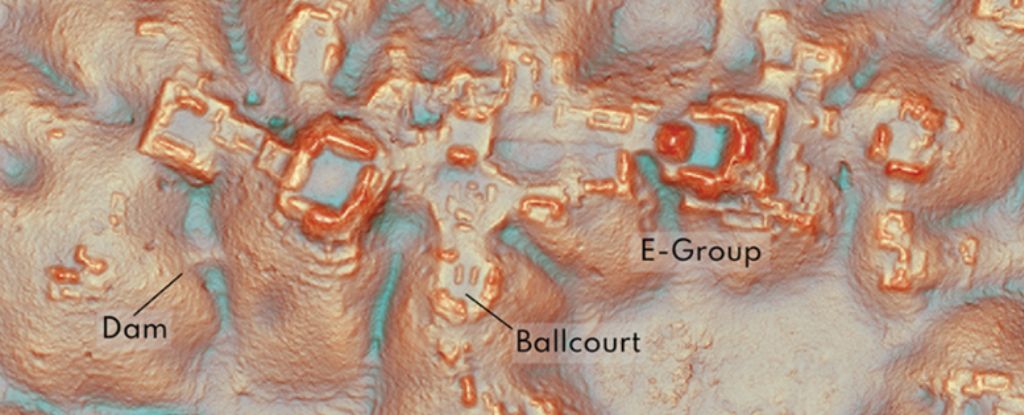
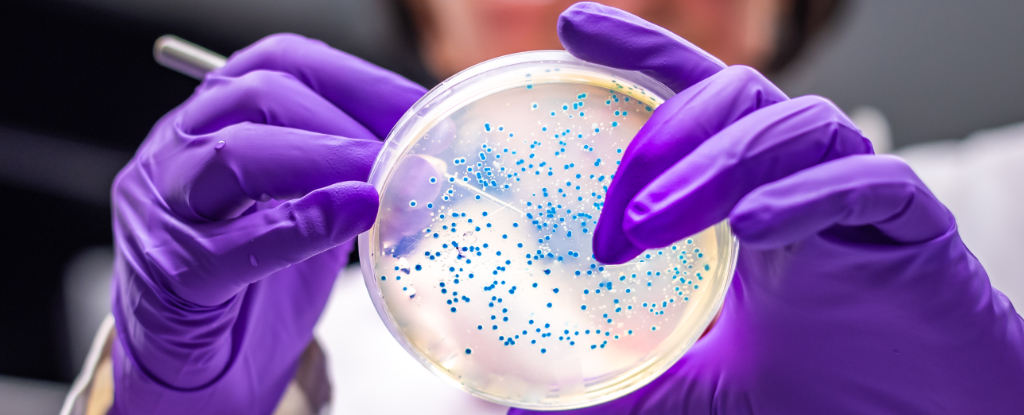





_1730280064.jpeg)

